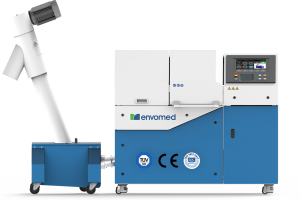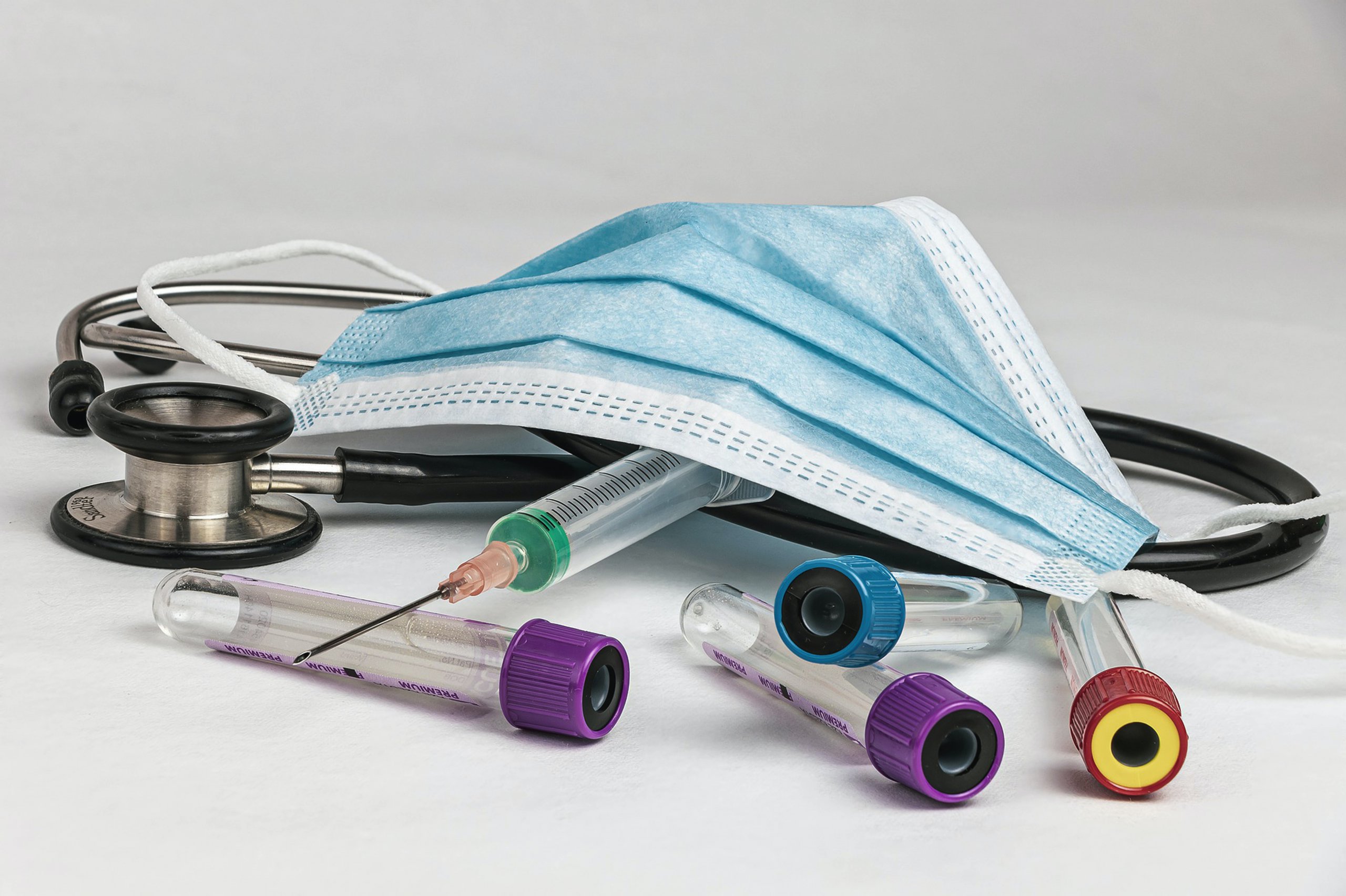Medical Waste Treatment in the News #002
Medical Waste Treatment in the News #002
At Envomed, we are always working to highlight the global issue of medical waste treatment – and the consequences of insufficient practices for public health and the environment.
A quick round-up of global news demonstrates that we are not alone. Medical waste treatment is becoming a hot topic around the world. Here, we’ll take a look at some of the news making the headlines globally:
Untreated waste causing ‘major health hazard’ in Kashmir
This editorial from BrighterKashmir.com paints a worrying picture of the medical waste treatment situation in Kashimir, where it seems “hospital waste is being thrown into rivers or lakes in the city which has been an issue of concern for environmentalists and conservationists”.
Furthermore the article suggests that “nothing seems to be moving ahead” in terms of the safe treatment and disposal of hazardous items in form of syringes, gauze, vials and all disposal material coming out of operation theatres”.
BrighterKashmir.com reports that this potentially lethal waste “sees inroads in garbage dumps where it is lifted by garbage collectors and others to sell as waste material”.
An economical on-site solution for medical waste treatment is sorely needed in locations such as these to allow the relevant departments to deal with the waste before it ever gets the chance to harm the local citizens or the environment.
Management of medical waste has become one of Fiji’s “most critical concerns”
Meanwhile, in Fiji, Chief Health Inspector Vimal Deo highlighted, during a Healthcare Waste Management Policy Workshop held in Suva recently, that the management of healthcare waste at all levels has become one of the island’s most critical concerns.
According to the World Health Organization (WHO) 10 to 25% of healthcare waste is regarded as hazardous and may pose a variety of environmental and health risks.
In this article by fbcnews.com Deo commented that “most of the sub-divisional hospitals in Fiji transfer their medical wastes to divisional hospitals for incineration.
In 2011, 62,518kg of medical waste was incinerated in the three divisional hospitals.
However, some medical wastes are considered general waste and burnt or sent to landfill sites while some are buried on-site in some sub-divisional hospitals.”
The Fijian Chief Health Inspector further commented that urgent education is necessary for awareness promotion to relevant personnel in medical waste treatment.
Incineration is no longer the ‘preferred option’ for medical waste treatment
At Envomed we completely agree with the sentiment shared by Medical Life Sciences News here when they state that incineration is no longer the preferred option for medical waste treatment. In their article they make the case that; “ many older incinerators no longer fulfil environmental norms. Their upgrading would incur significant costs, suggesting the benefit of building an alternatively-powered disposal unit.
Secondly, the need for state-of-the-art air pollution monitoring and control systems would be unsustainable for smaller incineration plants.
Thirdly, public opinion has turned against incineration, which favors the approval of other technologies. New incineration sites are constrained, both in terms of cost and social acceptance.
As a result, the switch to less expensive, easy to maintain, alternative technologies that do not produce toxic wastes, especially PCDDs and PCDFs, maybe more natural in low-income countries, while in developed countries it is already in force.”
The Envomed 80 is the answer

The Envomed 80 is the perfect answer to the issues raised by Medical Life Sciences News as it:
– Facilitates on-site treatment – with no unpleasant odours. Reduces carbon footprint and the margin for error / mismanagement of the waste treatment process
– Treats up to 80 liters of hazardous waste in under 20 minutes, allowing the ESC to stay on top of increasing hazardous waste demands
– Sterilizes waste to STAAT Level IV – removing the need to use burning-solutions
– Offers fully validatable results – removing the danger to public health posed by inefficient waste treatment.
– Discharges solids in the form of easily disposable ‘confetti’ and liquids into sterilized fluids that can be safely drained as municipal waste. Simplifying the waste treatment process, reducing the carbon footprint of the plant.
– Hugely reduces waste volume.
– A non-compromise game changing solution, The Envomed 80 unit offers fully comprehensive validation using both the solid and liquid phases of real hazardous waste.
Its sterilization process consistently demonstrates a 6 LOG10/ml bacterial spores’ reduction, which complies with STAATT level IV, according to the ISTAATT guidelines (both in the liquid and solid phases). Currently, the Envomed 80 is the only on-site medical waste treatment technology approved by the Israeli Ministry of Health due to the above comprehensive validation requirements.






